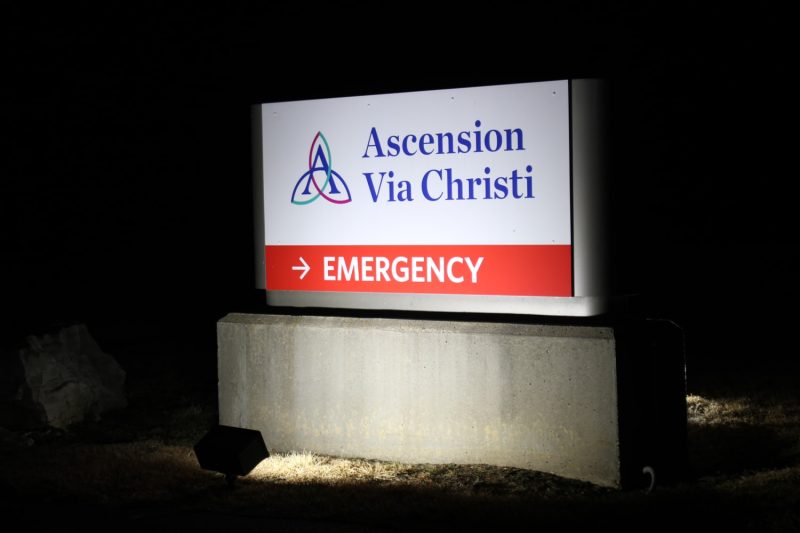Ascension Health, the Largest Catholic Hospital Chain in the U.S., Hit by Cyberattack Disrupting Patient Care
The recent cyberattack targeting Ascension Health, the largest Catholic hospital chain in the United States, has highlighted the increasing vulnerability of healthcare organizations to malicious cyber threats. This cyber incident disrupted patient care operations, underscoring the critical need for robust cybersecurity measures in the healthcare sector.
With over 150 hospitals and more than 2,600 healthcare facilities across the country, Ascension Health plays a vital role in providing healthcare services to millions of patients. However, the cyberattack on this extensive network has exposed the significant risks faced by healthcare organizations in the digital age.
Cyberattacks targeting healthcare institutions have become a growing concern in recent years, as cybercriminals recognize the value of sensitive patient data and the potential impact of disrupting healthcare services. In the case of Ascension Health, the cyberattack resulted in disruptions to patient care operations, potentially jeopardizing the delivery of essential healthcare services to those in need.
The repercussions of a cybersecurity breach in the healthcare sector extend beyond operational disruptions. Patient data privacy and security are paramount concerns, as healthcare organizations store vast amounts of sensitive medical information that must be safeguarded against unauthorized access and exploitation. A cyberattack on a healthcare provider like Ascension Health puts patient data at risk and raises serious ethical and legal implications.
To address the evolving threat landscape in healthcare cybersecurity, organizations must prioritize cybersecurity investments and implement robust security measures to protect their systems, networks, and data assets. This includes investing in advanced security technologies, conducting regular security assessments and audits, and educating employees on best practices for cybersecurity hygiene.
Furthermore, collaboration and information sharing among healthcare organizations, government agencies, and cybersecurity experts are essential to enhancing the collective defense against cyber threats. By fostering a culture of cybersecurity awareness and resilience, healthcare institutions can better prepare themselves to defend against sophisticated cyber attacks and mitigate potential risks to patient care and data security.
In conclusion, the cyberattack on Ascension Health serves as a stark reminder of the vulnerabilities faced by healthcare organizations in the digital age. As threats continue to evolve and cybercriminals become more sophisticated, healthcare providers must proactively strengthen their cybersecurity posture to defend against potential attacks and safeguard patient care and data privacy. Only through collective efforts and a commitment to cybersecurity best practices can healthcare organizations mitigate the risks posed by cyber threats and ensure the continuity of essential healthcare services for the communities they serve.


























